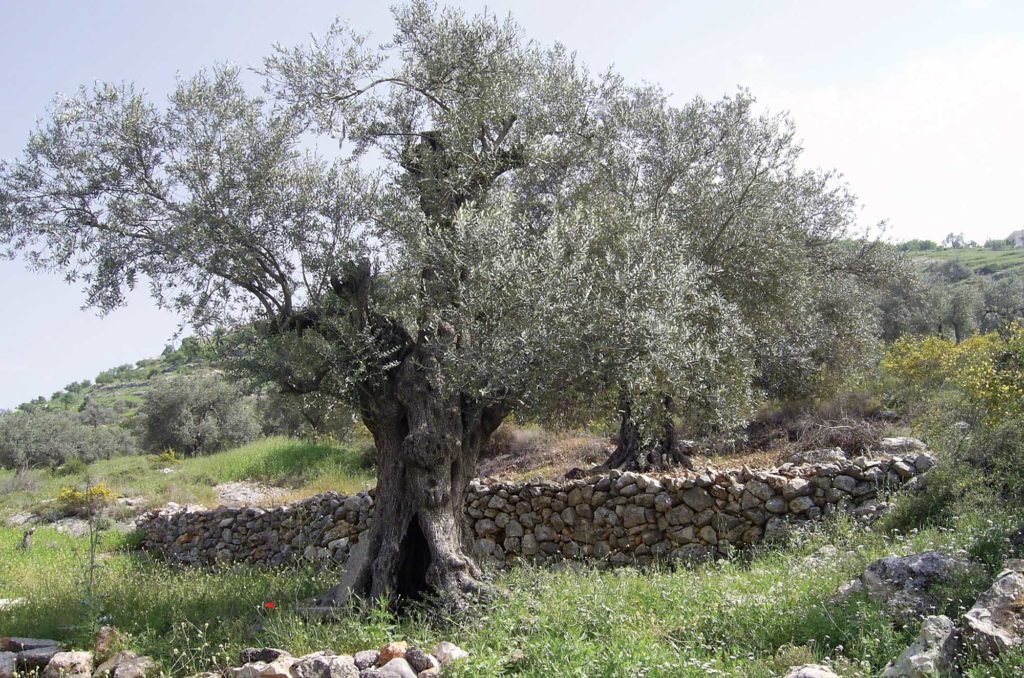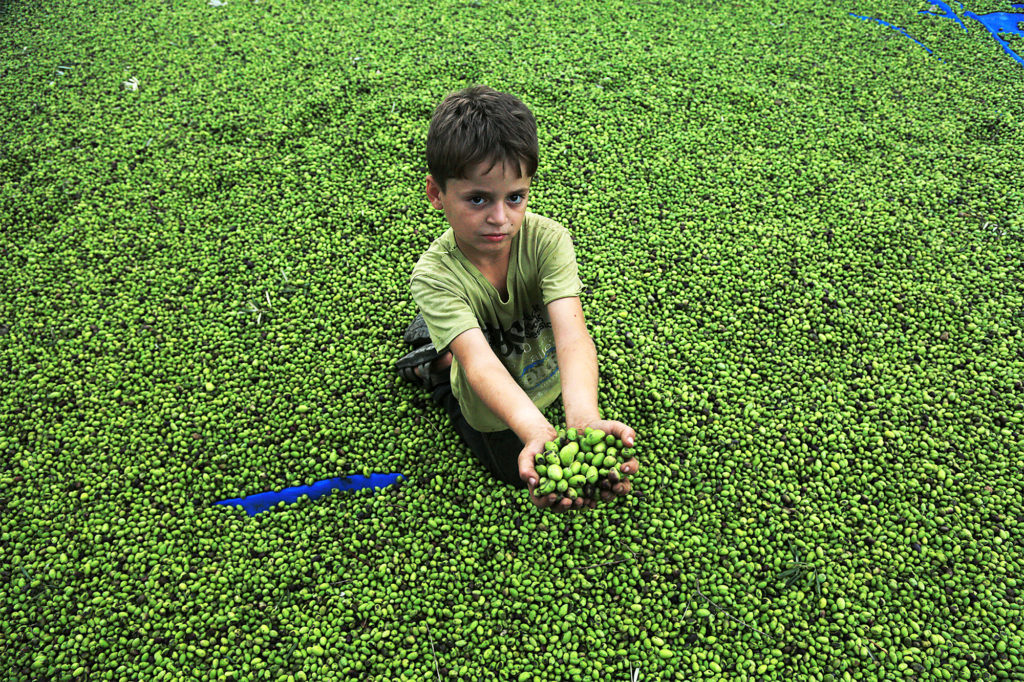Olives Won’t Be Pressed This Year
The Impact of the War on Olive Farmers
In the picturesque landscapes of Palestine and Lebanon, the olive tree has long been a symbol of peace, hope, and sustenance. For generations, farmers in these regions have depended on the cultivation of olives and the production of olive oil for their livelihoods. However, this year, most olives won’t be pressed, because of the war in Gaza and its ripple effects on the West Bank and Lebanon.


The Rich History of Olive Oil Production in Gaza
Olive oil holds a special place in the hearts of the people of Gaza, where its history dates back centuries. Gaza normally produces over 5,000 tons of olive oil annually, contributing significantly to the region’s economy and the livelihood of countless families. Despite the challenges posed by a 16-year blockade and the region’s complex political situation, Gazan farmers have managed to produce some of the finest olive oil in the world.


The Impact of War on Gaza’s Olive Trees
The ongoing war has turned Gaza’s beautiful olive groves into danger zones. Israel has adopted a “burned ground” policy during the war, including the destruction of ancient olive trees in Gaza. Venerable trees, some dating back hundreds of years, have been reduced to ashes. These acts have not only erased a part of Gaza’s cultural heritage but have also deprived families of their primary source of income.
In the West Bank: A Perilous Harvest
The situation for olive farmers in the West Bank is also dire. Normally, the West Bank yields over 30,000 tons of olive oil annually. Here, farmers and their families are being blocked or attacked as they attempt to pick their olives. The harvest is stolen, destroyed, or, in some cases, trees are even burned down. The olive groves, which were once an embodiment of peace and prosperity, have now become a battleground of conflict and tension.
Lebanon’s Unsafe Olive Groves and Destroyed Public Lands
In southern Lebanon, the olive groves near the Lebanese-Israeli border have become perilous territory due to the clashes happening in the region. Normally, the border area in southern Lebanon contributes around 5,000 tons of olive oil yearly to the country’s production. Now, farmers face threats of attack if they dare to approach their olive trees, depriving them of their annual harvest. And, to make matters worse, fires caused by Israeli shelling has resulted in the destruction of 40,000+ olive trees in the area.
The consequences of these conflicts reach beyond the farmers and their livelihoods. Vast public lands have been destroyed, harming the delicate balance of the environment and endangering wildlife. In addition, Lebanese firefighters have been hindered in their efforts to extinguish the fires caused by these destructive acts.
A Blow to the Very Essence of Culture and Heritage
The olives won’t be pressed this year, and the olive trees that once stood as a symbol of hope and sustenance have become casualties of the ongoing conflicts in Gaza, the West Bank, and southern Lebanon. The loss extends far beyond the economic impact, as it touches the very essence of these regions’ culture and heritage.
This is a powerful reminder that in times of conflict, it is the innocent and the vulnerable who suffer the most. As we reflect on this heartbreaking situation, let us hope for a brighter future where the olive trees of Palestine and Lebanon can once again flourish, providing not only sustenance but also a symbol of peace and resilience in a troubled region.
OUR BLOG
Related
Joint Statement 200+ NGOs call for immediate action to end the deadly Israeli distribution scheme (including the so-called Gaza Humanitarian Foundation) in Gaza, revert to the existing UN-led coordination mechanisms, and lift the Israeli government’s blockade on aid and commercial…
